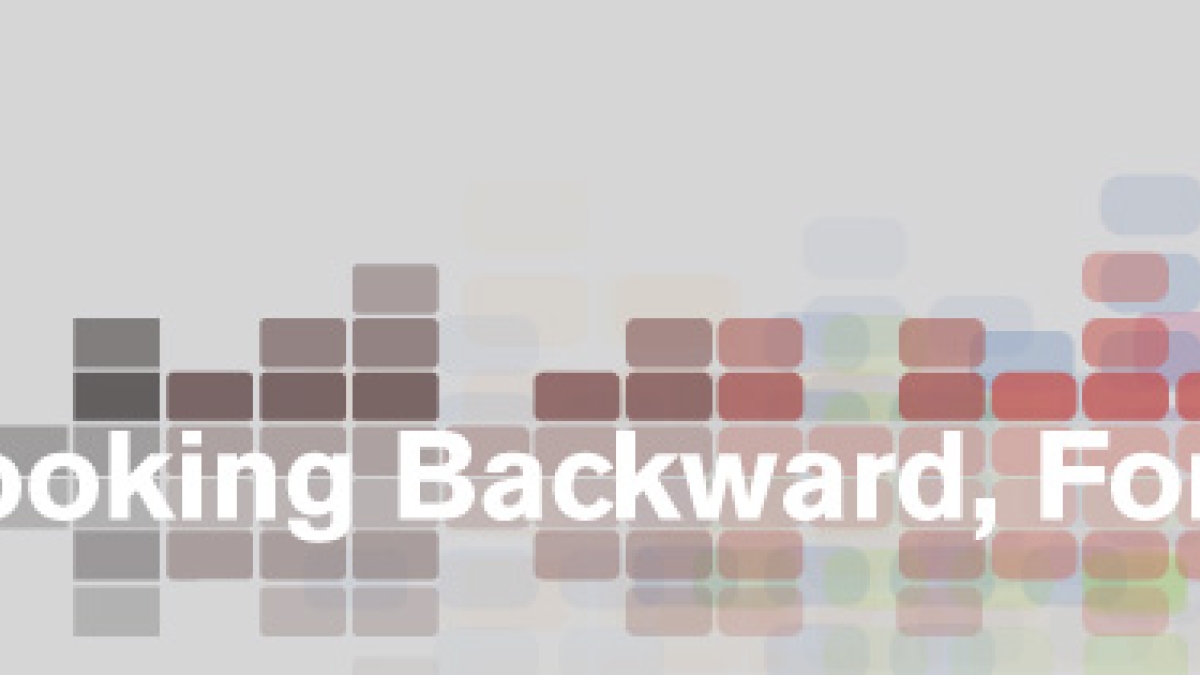Women and music conference comes to ASU School of Music

The ASU School of Music in the Herberger Institute for Design and the Arts hosts the international conference on women and music – Feminist Theory and Music 11: Looking Backward, Forward, and Sideways, beginning Sept. 22.
This year marks the twentieth anniversary of the conference, which is held in cooperation with Women and Gender Studies in the School of Social Transformation. This long-running conference has no professional-organization affiliation, but rather is a group of scholars across many disciplines in music and the humanities committed to convening every two years for discourse about issues relating to woman and music.
All types of music (classical, cultural and popular) and musical practice throughout time are examined using a feminist lens. Faculty and graduate students from eight different countries and over 70 universities, as well as a plethora of faculty and students at ASU, are presenting, moderating, assisting, and performing over the four days of the conference. Examples of paper titles include:
• "Devil Woman [?]": Representations of Women in the Works of Charles Mingus – Eduardo López-Dabdoub, CUNY Graduate Center.
• Devouring Popular Music Hits: Lady Gaga's Appropriations on Fame Monster (2009) – Lori Burns, University of Ottawa.
• Francis Poulenc's Les Mamelles de Tirésias as an Opera of the Resistance – Colette Simonet, McGill University.
• La Frontera: Women's Musical Creativity at the Mexico-U.S. Border – Elizabeth Keathley, UNC Greensboro.
• Representation of Women on American College Music Faculties from 1970 to 2010 – Emily Swartz, Arizona State University.
• Re-Sounding Echo: The Acoustic Double in E.T.A. Hoffmann’s and George Sand's Musical Fiction – Anne Marcoline, University of California Santa Barbara.
• Solo, Multitrack, Mute? Producing and Performing (Gender) in the Popular Music Classroom – Evan Tobias, Arizona State University.
• "We are on a level playing field but we’re not being taken seriously": A Feminist Discursive analysis of New Zealand Women Composers – Diane Smith, Central Queensland University.
• Womb to Tomb: Music and the Mother's Voice – Kay Norton, Arizona State University.
A founding member of the conference, Susan McClary, formerly Professor of Music at UCLA and currently on the faculty at Case Western Reserve University, recently remarked on the impact of this conference on the historical canon.
“More profoundly than we could have imagined at the outset, feminists have changed the face of music studies,” McClary says. “This year marks our twentieth anniversary, and we are still going strong.”
During the conference, lecture recitals are presented daily at noon in the ASU School of Music with performances of music from around the world, such as “Chiquinha Gonzaga and Feminism in Brazilian Choro Music” by Maurita Murphy Mead of the University of Iowa and “Asian Women Composers and Their Works for Piano and Electronics” by Mei-Fang Lin of Texas Tech University. An evening concert celebrating women in music is presented at 7:30 p.m., Sept. 23, in Katzin Concert Hall. All recitals and concerts are free and open to the public.
“The Women and Gender Studies Program in the ASU School of Social Transformation is excited by this collaboration with the ASU School of Music,” Georganne Scheiner, head of Women and Gender Studies at ASU says. “This conference provides a unique forum for fostering feminist conversations across disciplines and we are honored to be a part of this historic event.”
Jill Sullivan, associate professor in the ASU School of Music and an affiliate to Women and Gender Studies, is the conference convener.
To download the conference program or to register to attend the conference, visit: ftm11.events.asu.edu.